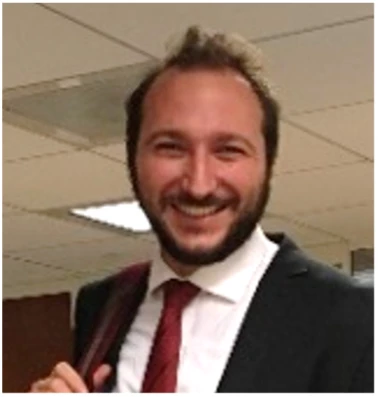 Consultations for Merankabandi Project in the Province of Gitega. Photo: Fabrice Niyonkuru, World Vision.
Consultations for Merankabandi Project in the Province of Gitega. Photo: Fabrice Niyonkuru, World Vision.
Our experience shows that citizen and community engagement and social accountability are critical to the success and sustainability of development projects in Burundi. Citizens and communities should be partners in the development process, rather than passive beneficiaries.
However, experience also shows that the actions needed to have a good citizen engagement process are difficult to translate into concrete actions. The lack of adequate resources allocated to the promotion of citizen engagement at a project level and the weak involvement and/or capacity of government technical teams on these issues are the main reasons that effective citizen engagement doesn’t occur.
With such challenges, Burundi has adopted a balanced and three-pronged approach to strengthen citizen engagement:
- Capacity building on citizen engagement and its tools (such as a community dashboard and participatory budget);
- Organization of simulations to allow for a better understanding of the concrete application of the tools and to raise teams’ interest;
- Technical support for teams interested in implementing a citizen engagement tool.
This approach allowed us to go beyond the institutional requirements which, despite good intentions in the project document, do not always translate into tangible results in the field.
What is the situation in Burundi?
Burundi has developed very interesting practices to improve citizen engagement. Thanks to dynamic project teams, these practices are reflected in a direct connection between the Ministries and the citizens through hotlines in order to express different issues, ideas, and grievances.
In the health sector, community mobilization under the Health System Support Project "Kira" has had positive results. This project has established a network of community health workers at the hill level (the administrative level closest to the communities) and has established a performance-based payment system that integrates the voices of beneficiaries. The project capitalizes on community-level health services to meet the needs of the local population. In addition to these two core elements, community assessments are conducted by local non-governmental organizations to measure the level of satisfaction of the beneficiary population with the health services provided at the health facility level.
The assessment concludes with discussions at the provincial level with the involvement of key health sector players who provide feedback (on the challenges identified) to the health facilities involved in the assessment. These mechanisms have a significant impact: the feedback helps the health facilities improve the quality of services, and the link between payment and local population satisfaction empowers citizens to demand high-quality services.
The Merankabandi Social Safety Net Project established a safety net for the most vulnerable in Burundi. This project introduced for the first time the mechanism of direct cash transfers to the population. Because of this particularly sensitive aspect, at the start of the project activities, it was essential to inform all stakeholders about the implementation arrangements and to incorporate their feedback. With the community validation mechanism, citizens are at the heart of the decision-making process when selecting beneficiaries, which is done in a transparent manner. Through participatory assessment, members of hill committees hold regular sessions to assess the processes, thus allowing for their continuous improvement.
What are the next steps?
By working together, governments, civil society organizations and citizens can create stronger, more inclusive and more prosperous communities. Work to support teams to implement tools that strengthen citizen engagement at the project level will be strengthened. In addition, platforms will be put in place to further engage civil society in decision-making, and to manage the grievances of communities affected by World Bank-supported projects in Burundi.




Join the Conversation